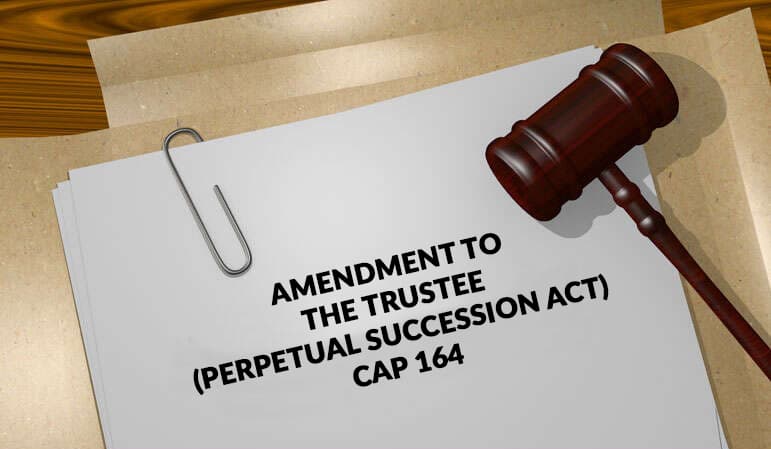FIVE IMPORTANT CLAUSES YOU CAN’T IGNORE IN PARTNERSHIP AGREEMENTS.
There are three types of partnership:
The founding partners various objectives informs the type of partnership they choose to deploy.
For example: A general partnership has the simplest/quickest incorporation process; while limited partnerships are often the best vehicle for short term projects/ventures due to the limited involvement of limited partners and lastly, limited liability partnerships are the favoured vehicles for professionals due to their personal asset protection (limited liability).
Regardless of the vehicle chosen, the partnership deed will inform the roles and duties of the various partners and is paramount in ensuring an effective business partnership.
The following are key considerations in formulating the various partnership clauses:
Governing Legislation.
The initial key consideration is the governing legislation of the vehicle chosen. General Partnerships and Limited Partnerships are governed by the Partnership Act 2012 and Limited Liability Partnerships are governed by the Limited Liability Partnership Act 2012.
The various legislations stipulate various roles and duties of the partners in the specific vehicles.
For example: Section 12 of the Partnership Act (General Partnerships) states that “ A partner is entitled to share equally in the profits of the partnership and is liable to contribute towards the losses incurred by the partnership in equal contributions.” Accordingly, the partnership agreement can not veer from the act in outlining the share of profits and losses in a general partnership.
Management.
It is integral for the partnership to stipulate the management roles of the various partners. This would include the responsibilities of the partners in the day to day operations as well as the voting rights of the various partners.
Capital Contributions.
The partnership deed must ensure that the capital contributions expected of each partner are outlined in a clause. The most common form of this is money, but it can also refer to assets, securities, real estate, or even technical skills. Each partner’s share of ownership in the company is frequently influenced by their capital contributions; individuals who make larger first contributions typically hold larger shares of the newly established company.
The clause would also illuminate the partners on the interest to be earned by partners who contribute capital beyond their contribution.
Entry and Exit of Partners.
The partnership deed ought to stipulate the procedure to be followed by partners who either wish to enter or exit from the business. The above consideration on Capital contributions would inform the minimum amount of capital to be deposited by a new partner as well as the procedure to be followed in buying out a partner from their partnership shareholding.
Winding Up/Dissolution.
The partnership deed ought to stipulate the number of partners that initiate the dissolution of the partnership, and importantly how its assets would be distributed
While a partnership deed can have a myriad of clauses that are tailor made for the particular objectives of the business in congruence with the relevant legislation the above considerations are paramount.
How can Netsheria help?
We, at Netsheria, have excellent and experienced corporate and commercial lawyers who will help you in setting up your preferred business vehicle by for example drafting and/or reviewing your Partnership agreement to ensure that you have the appropriate vehicle for your business needs. Contact any of our team today or book an online consultation www.netsheria.com






